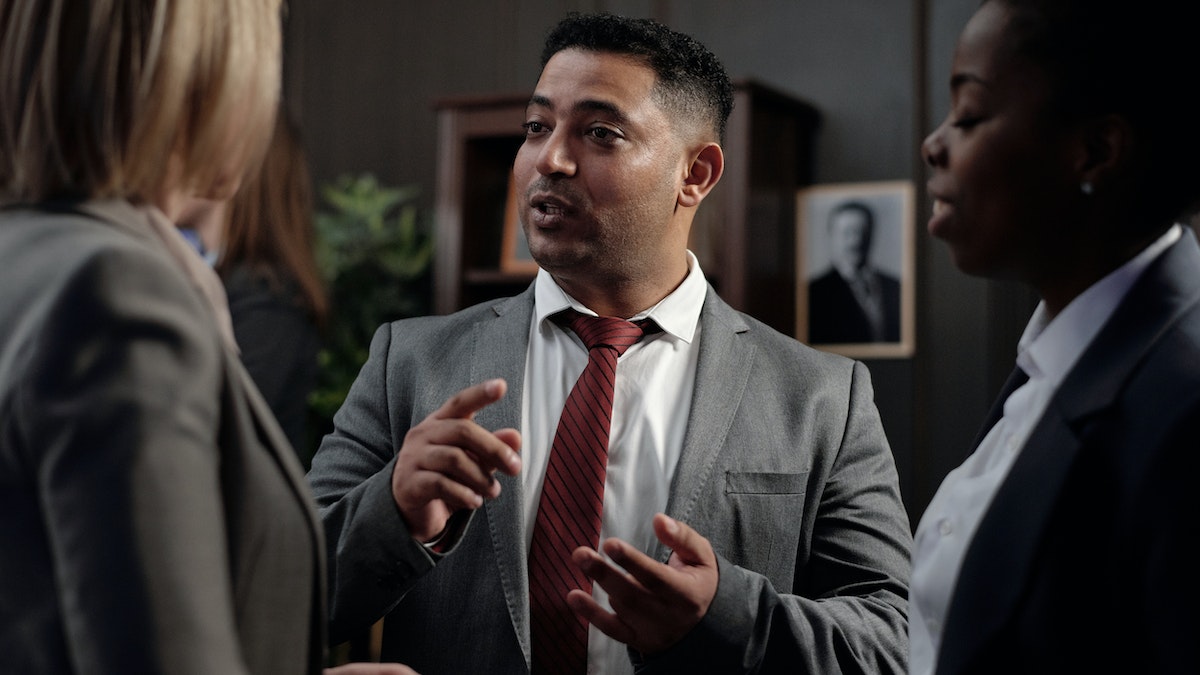In today’s complex legal landscape, it can be tempting to try and handle legal matters on your own, whether it’s drafting a contract or representing yourself in court. However, in many cases, hiring a lawyer can be a wise decision that can save you time, money, and stress in the long run. Whether you’re dealing with a personal injury case, a divorce, or a criminal charge, having an experienced lawyer by your side can make all the difference.
This blog post will explore the top reasons why hiring a lawyer can be a good idea, and why doing it on your own may not be the best option.
Table of Contents
1) Protection Of Rights
A skilled attorney can help ensure that your legal rights are preserved and that you are not taken advantage of by others who may not have your best interests in mind. For example, a lawyer can help protect your constitutional right to a fair trial and ensure that you are not subjected to unjust or unreasonable punishment if you have been accused of a crime. Similarly, an attorney can advocate for your legal rights and ensure that you receive fair compensation for any damages or losses you have suffered if you are involved in a civil lawsuit.
2) Legal Expertise
A lawyer with specialized knowledge and experience in a particular area of law can provide valuable guidance and advice to clients, helping them navigate the legal system and achieve the best possible outcome. For example, if someone has been diagnosed with mesothelioma due to asbestos exposure, they may want to consider hiring a mesothelioma lawyer who has extensive experience in handling these types of cases.
3) Negotiation Skills
Lawyers are trained professionals who possess excellent negotiation skills that can help individuals or businesses achieve their desired outcomes in legal matters. Here are some reasons why hiring a lawyer can be a good idea because of their negotiation skills:
- They can also identify potential legal issues that may arise during negotiations and take steps to prevent or address them.
- Lawyers are excellent communicators who can articulate their clients’ positions clearly and effectively. They can also listen to the other party’s arguments and respond appropriately, which is critical in achieving a successful negotiation.
- Lawyers are trained to understand human behavior and psychology, which can be extremely beneficial during negotiations. They can read the other party’s body language and use this information to their advantage.
- They have developed strategies and tactics that are proven to be effective in various situations.
- Lawyers are confident negotiators who can stand up for their client’s interests and can remain calm and composed under pressure.
4) Helps In Emotionally Draining Situations
Dealing with legal issues can be emotionally exhausting, especially when it involves personal or family matters such as divorce, child custody, or estate planning. Hiring a lawyer can provide a much-needed emotional buffer between you and the situation at hand. Not only can they handle the legalities of your case, but they can also offer you support, guidance, and objective advice, which can help you make better decisions during a time when you may be feeling overwhelmed or stressed.
For example, if you are going through a difficult divorce and are struggling to keep up with the legal proceedings while also managing your emotions, a lawyer can help by taking on some of the legal work, advising you on your options, and offering you a safe space to express your feelings without judgment.
5) Access To Legal Resources
Lawyers have access to legal resources such as case law, legal precedents, and legal databases, which can help them build stronger cases for their clients. For example,
- In a personal injury case, a lawyer may use their legal resources to determine the appropriate compensation for their client’s injuries.
- In a criminal case, your lawyer can use legal databases to research previous cases and legal precedents that may be relevant to your case.
- In a complex civil litigation case, your lawyer may need to conduct extensive research on a range of legal issues. This could include analyzing contracts, reviewing corporate records, or examining financial statements.
6) Handles Evidence-Related Issues
Here are some ways in which having a lawyer on your side can help you navigate the complexities of evidence in legal matters:
- There are strict rules governing what evidence can be admitted in court and how it can be presented. A lawyer will have a deep understanding of these rules and can help ensure that the evidence presented is admissible and relevant to your case.
- A lawyer can help you gather and preserve evidence that is critical to your case. This can include witness statements, medical records, police reports, and other types of evidence that can be difficult to obtain without legal expertise.
- A lawyer can evaluate the strength of the evidence against you and help you develop a strategy for your defense. They can identify weaknesses in the prosecution’s case and develop arguments to challenge the evidence presented.
- Presenting evidence effectively is crucial to winning a case. A lawyer can help you present evidence in a way that is persuasive to the judge and jury. They can also cross-examine witnesses and challenge evidence presented by the opposing party.
7) Confusion About Pleading
Pleading is an important aspect of the legal system and refers to the formal written or spoken statements that a party makes to a court in a case. The purpose of pleading is to provide notice to the opposing party of the issues in dispute and to define the legal and factual basis for each party’s claims and defenses.
Some specific rules and procedures must be followed when drafting and filing pleadings, and failure to do so can result in serious consequences such as a dismissal of the case or a default judgment being entered against the party.
Additionally, there are different types of pleadings, such as complaints, answers, motions, and counterclaims, each with its unique requirements and procedures. It can be difficult for a non-lawyer to determine which type of pleading is appropriate for their case and how to properly draft and file it.
Conclusion
Whether you’re dealing with a legal dispute or navigating a complex legal system, hiring a lawyer can provide invaluable guidance and support. With their expertise and experience, they can help you understand your rights and options, develop a strong legal strategy, and advocate on your behalf in court or negotiations.

Alex is fascinated with “understanding” people. It’s actually what drives everything he does. He believes in a thoughtful exploration of how you shape your thoughts, experience of the world.



